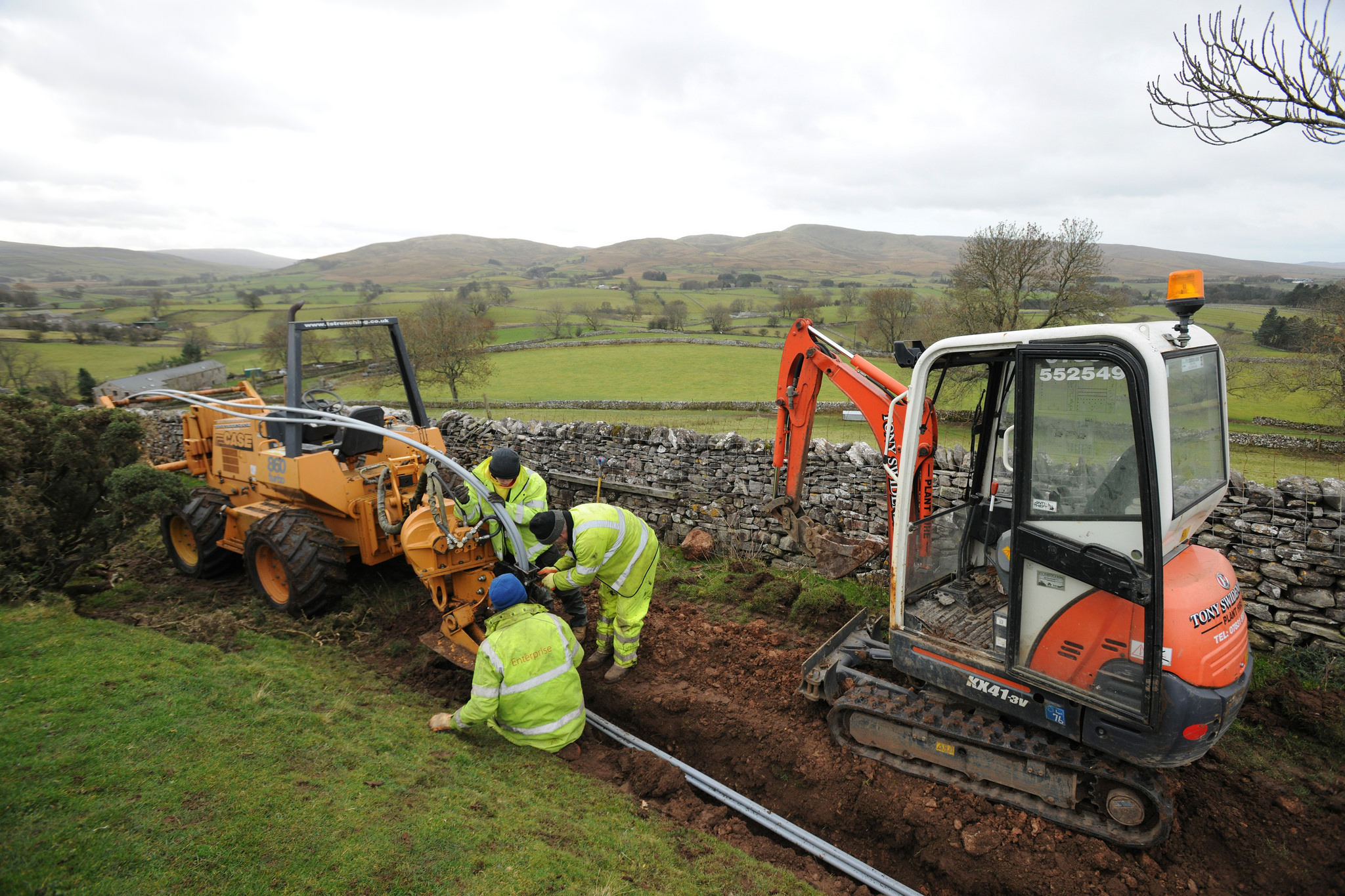

The street with the worst broadband in the UK suffers from speeds 42 times slower than the national average of 22.8Mbps and 135 times slower than the service enjoyed by the fastest street in the country, according to research from uSwitch.
The findings are based on one million speed tests carried out on the site over a six month period and suggest ongoing inequalities at the level of service experienced by different parts of the country.
Williamson Road in Romney Marsh, Kent has average speeds of just 0.54Mbps, whereas Sandy Lane in Cannock, Staffordshire gets 72.86Mbps.
“On the UK’s slowest street broadband speeds are so sluggish you could fly to the Bahamas and back again in the time it takes to download a film,” quipped Ewan Taylor-Gibson, broadband expert at uSwitch. “Likely causes include the user’s distance from the nearest exchange or issues within the properties themselves.”
Overall, 34 percent of the UK receives less than 5Mbps, while 23 percent plod along with sub-3Mbps. The number of superfast broadband users has increased from 15 percent to 22 percent year-on-year, but experts note that 30Mbps and faster is now available to 78 percent of the population.
“Superfast broadband is now available to more than three quarters of the UK, but nearly a third (31 percent) don’t realise they can get it,” continued Taylor-Gibson. “We looked at which of the 30 slowest streets had superfast availability and, interestingly, 37 percent of them do, but residents have obviously chosen not to take up superfast services.
“More needs to be done to increase awareness of fibre availability and its benefits. Superfast broadband isn’t as expensive as some users might think, with prices averaging an extra £9 a month on top of standard broadband costs.”
The government’s Broadband Delivery UK (BDUK) programme is committed to providing 95 percent of the population with fibre by 2017, and has helped connect two million homes and businesses that would not have been covered by commercial deployments by offering public funding.
However there is an admission that coverage is only part of the solution and that education is also necessary to prevent a digital divide.
Education is not part of BDUK’s remit, but an £8 million advertising campaign has been launched, as has a national postcode checker. BDUK CEO Townsend has justified the expenditure by claiming the economic benefits of adoption are much higher.
What do you know about fibre broadband? Take our quiz!
SoftBank has agreed a funding deal that will see OpenAI being provided with up to…
Tesla sales have plummeted to lowest level in three years, as deliveries of new EVs…
New addition. Next generation foundation model, as Amazon Nova model launches to perform actions within…
Head of artificial intelligence research at Meta Platforms has announced she is leaving the social…
No decision yet, after media reports CK Hutchison was to spin off its global telecom…
Ahead of 5 April deadline, Trump is to hold White House meeting over possible investors…
View Comments
My street had to be the slowest in the UK, running at 0.51